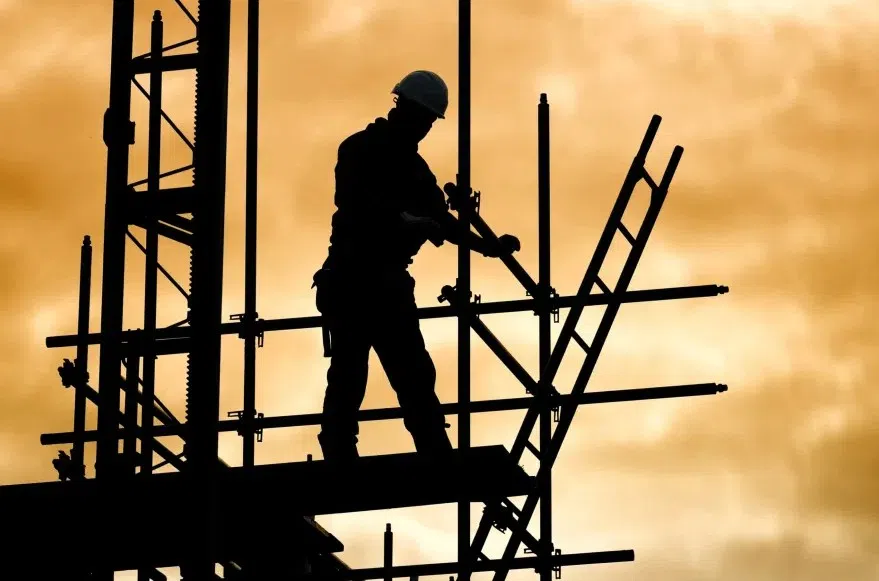Saskatchewan is the best place for unemployed Canadians to live right now.
At least that’s what Deloitte Canada’s report, ‘Tariffs, trade, and a new path forward’, released this week, found.
Talking on the Evan Bray Show, Deloitte Canada’s Chief Economist, Dawn Desjardins, said that Saskatchewan has the lowest unemployment rate in the country and job vacancies are up.
Listen to the full interview here:
According to Desjardins, it’s connected to the province’s key exports, like uranium, potash, and oil—which aren’t facing the same tariff threats as those in other parts of the country.
Even if that were to change, she said that for potash and oil, “they will be tariffed at a lower rate of 10 per cent compared to 25 per cent for other goods.”
Read more:
- Saskatchewan has lowest unemployment rate of any province: Statistics Canada
- Here’s a quick glance at unemployment rates for May, by province
- Looming 100-per-cent Chinese tariffs on canola leave Sask. farmers concerned
Notably, Desjardins didn’t mention the impact of 100 per cent Chinese canola tariffs on the province.
But, based on the report’s findings, she said Saskatchewan is in a good place.
Saskatchewan vs. the rest of Canada
Whereas Saskatchewan’s workforce is looking to grow, Canada’s employment growth has stagnated over the past few months, and unemployment rates rose as the country felt the pressure from tariffs.
Targeted tariffs from the United States put significant pressure on the manufacturing sector and caused people working in the steel, aluminum and automobile industries to lose their jobs, according to Desjardins.
With more people out of work, she said it impacts the public’s confidence in the economy, causing them to change their spending habits.
“When consumers are concerned, they tend to hold on to their money, not spend, not buy new homes,” Desjardins said.
She described the Canadian housing market as “soggy” and without much construction activity going on.
In comparison, though, Saskatchewan’s higher employment rates mean more people are looking to buy.
“Housing starts are picking up because the province has relatively good affordability conditions. So, you’re seeing a housing market that’s still doing okay, where many other markets are really under significant downward pressure,” Desjardins said.
Ripple effect
At the same time, as tariffs and the threat of tariffs cause Canadians to lose their jobs and save their money, the confidence of businesses also weakens, creating worse outcomes for workers.
“Businesses get concerned, and they’re not as willing to invest, and they’re not as willing to hire,” Desjardins said.
So, while other provinces navigate their economies under U.S. President Donald Trump’s imposed, or threatened, tariffs, Saskatchewan’s economy continues to grow.
Based on Deloitte’s forecast, Desjardins said it was “the second fastest growing province in the country in 2025,” coming off a major year of growth in 2024.











